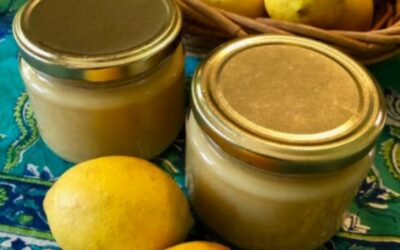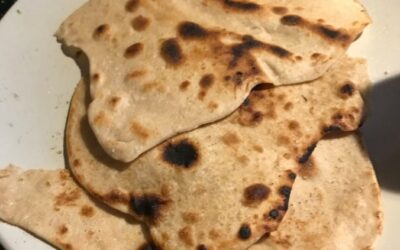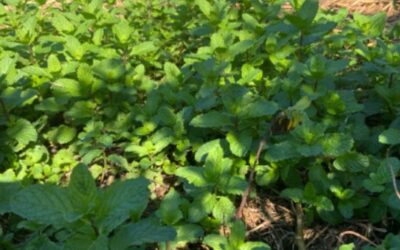
Easter is the time of the year that is synonymous with sharing time and meals with your family and eating delicious chocolate eggs.
Unfortunately, celebrations and gift-giving usually come hand in hand with a lot of waste. Usually from packaging, cards, gift wrapping and left over food.
But that doesn’t have to be the case – this year in our family we made some meaningful changes.
Before Easter arrived we sat down as a family and discussed ideas we could implement to reduce waste during our Easter celebrations.
This became an egg-cellent opportunity to explore a more sustainable way of living.
Our first idea was to STOP and think first. Choosing to refuse is the first line of defence against waste.
When we planned our Easter gifts this year we chose to make our own Easter eggs, removing the plastic packaging from our celebrations and from landfill. We all got involved in making delicious handmade Easter eggs and hot cross buns.
We didn’t have to buy expensive equipment that is also wrapped in plastics, we used moulds from what we already had around the house. We presented the Easter eggs in beautiful tins that we can reuse and keep forever.
We painted and dyed hard-boiled eggs for decorations and sent ecards. Easter has become an even more special occasion because we’ve now created a fun tradition for the whole family.
My mum always cooks up a storm at times of celebrations and leftover food, gather in the fridge, and can be overwhelming to use the surplus.
This year mum held back on her passion for cooking so much and we made a beautiful bread and butter pudding from the leftover hot cross buns. We plan to make curries and pies from the left over vegetables. All the vegetable scraps, crushed egg shells went straight into the compost pile and the worm farm.
If you did buy eggs wrapped in foil, did you know that the aluminium foil wrapping on Easter eggs is recyclable? Just be sure to crumple it up together into a ball, at least the size of a golf ball, before placing it in your recycling bin. This ensures that what goes into our bins has the best chance of becoming a valuable new resource in the circular economy.
A sustainable and holistic approach to our way of living is the key to a better future for all people, animals, and the planet.
– By Eve Ballard




0 Comments